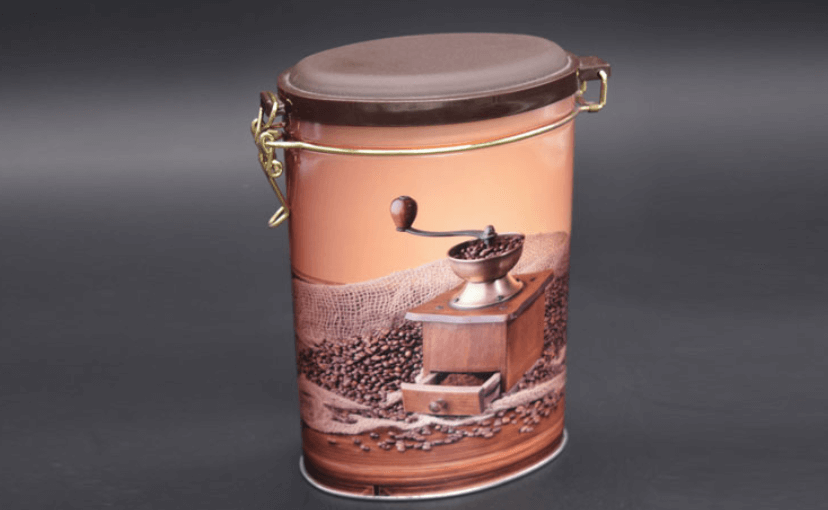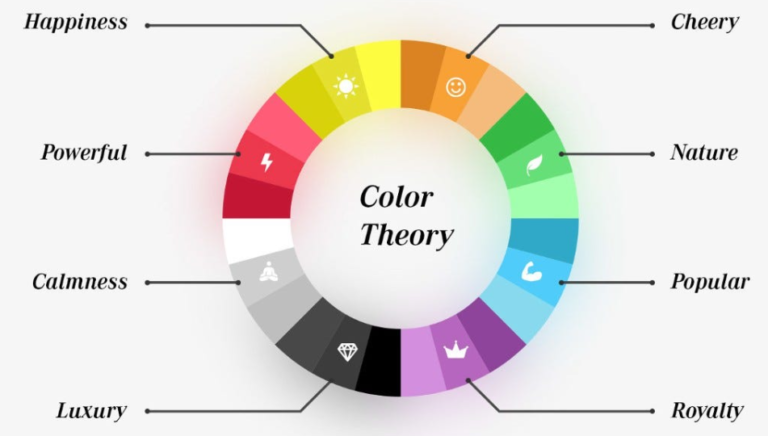Why is custom tin can thickness important for ground coffee freshness?
When it comes to preserving the rich aroma and intense flavor of ground coffee, packaging plays a crucial role, especially in customized coffee cans that reflect your brand image and quality standards. Among all aspects of custom tin can design, thickness is a key factor that affects how fresh ground coffee stays from the roaster to the consumer’s cup. Thin-walled coffee cans may look stylish and save on material costs. Still, they often compromise barrier and mechanical integrity, allowing oxygen, moisture, and light to degrade the oils and volatile compounds in coffee. Conversely, a coffee tin with a strong structure and the right thickness can resist environmental attack, ensuring that the coffee remains flavorful even after sitting on the shelf for weeks or months.
Custom Tin Can Thickness and Oxygen Barrier Performance
The primary reason custom tin can require sufficient thickness is to optimize their oxygen barrier performance. Ground coffee contains fine oils and aromatic compounds that oxidize quickly when exposed to air, resulting in a stale, bland coffee taste. While tinplate inherently has better oxygen barrier properties than plastic or paper, the barrier effect is directly related to the thickness of the material. A custom tin can with a 0.24 mm wall thickness has a significantly lower oxygen transmission rate than a thinner 0.18 mm tinplate can. This thickness difference may seem small, but it can result in up to 25% fewer micro-perforations and pinholes that can form during the manufacturing process. The strong barrier properties ensure that the coffee shop’s flavor compounds remain locked in, preserving the characteristic acidity and aroma that discerning consumers expect every morning.
Custom Tin Can Thickness and Moisture Barrier
In addition to the oxygen barrier, humidity control is also critical to maintaining the freshness of ground coffee, as even trace amounts of moisture absorption can lead to mold growth and extract volatile substances that give the coffee a musty taste. Thicker coffee cans have a greater resistance to water vapor transmission (WVT) than thinner ones. For example, a 0.27mm thick coffee can has nearly 30% less water vapor permeation than a 0.20mm thick tinplate can, according to standardized tests. This improvement stems from a denser metal structure and fewer micro-crevices. Additionally, thicker custom tin can often feature interior lacquer coatings for further moisture protection and corrosion inhibition. However, these coatings must be applied evenly; any thinning of the lacquer layer (which is usually more noticeable on thinner cans) will compromise moisture protection.
Thickness provides light-blocking protection, helping to preserve flavor.
Light exposure accelerates the photodegradation of coffee oils and aromatic compounds, resulting in rancidity and an unpleasant, “sunburned” taste. Therefore, coffee tins must have excellent light-blocking capabilities, and material thickness plays a significant role in this regard. While most tinplate is inherently opaque, thinner cans—particularly those that are unprinted or printed with light-colored lithography—can still allow diffuse light to pass through seams or around pinholes created during the stamping process. In contrast, thicker custom tin cans have fewer manufacturing defects and lend themselves to more robust lithographic layers. Printed with dark, UV-absorbing inks, these decorative layers work in tandem with the thicker metal substrate to create a near-perfect light barrier. Cans that block 99% or more of visible and UV wavelengths effectively preserve the complex flavor compounds of ground coffee, ensuring the beans’ natural oils remain intact.
Mechanical durability during distribution
Ground coffee typically travels through multiple distribution channels—warehouses, retail back offices, and delivery vehicles—before reaching the end user. Therefore, the cans that hold these beans must be able to withstand mechanical stresses without denting, puncturing, or deforming. Of all the mechanical properties, wall thickness is the most critical indicator of durability. Custom cans with a thickness of 0.35 mm are not only more impact-resistant but also retain their shape under stacking loads. In shipping simulations, these thicker cans exhibited fewer signs of ring deformation or panel bending in drop tests compared to thinner cans. Additionally, during in-store handling, thicker cans reduce the likelihood of corner deformation when merchandise is moved quickly. The cancans sturdy thickness also prevents damage to seams, a common failure point for thinner cans when subjected to torque.
Better insulation and freshness
Temperature fluctuations during shipping or in uncontrolled storage environments accelerate coffee deterioration; every degree above 70°F (21°C) accelerates the breakdown of oils and aroma compounds. While coffee cans themselves cannot regulate temperature, increased metal thickness provides a slight thermal mass that dampens rapid temperature fluctuations compared to ultra-thin cans. Thicker stainless steel or tin-plated steel cans (e.g., 0.30 mm vs. 0.20 mm) absorb and redistribute ambient heat more evenly, reducing localized hot spots near the can surface. Additionally, when paired with an insulated sleeve or labeled with a “keep out of direct sunlight” warning, these thicker custom tins help buffer freshly roasted coffee from brief exposure to heat sources.
Optimizing thickness to preserve ground coffee freshness
To deliver the freshest ground coffee to discerning consumers, the thickness of a coffee can become a fundamental parameter that directly affects many aspects of coffee preservation, including oxygen and moisture barrier, light protection, mechanical durability, and thermal buffering. As we’ve discussed, thinner cans may save on upfront material costs but often fail to protect precious coffee oils and volatiles from the various threats that occur during storage and transport. In contrast, custom tin cans ensure that the flavor components of the ground coffee remain intact, the aroma is preserved, and the packaging will not dent or corrode.



